|
| NEWS |
 |
| Sustaining Peace in the Time of COVID-19—new SIPRI film |
| SIPRI is pleased to launch a new film capturing insights from global actors on efforts to sustain peace during the crisis caused by coronavirus disease 2019 (COVID-19). The film is based on discussions recorded during the 2020 Virtual Stockholm Forum on Peace and Development which brings together a range of viewpoints from different stakeholders in the development, humanitarian, peacebuilding and security spheres. |
|
|
Read more | Watch the film
|
|
|
 |
| SIPRI Webinar Series: The Strategic Triangle in the Arctic |
|
This month, SIPRI proudly organized a series of webinars to explore the implications of growing Chinese–Russian–US strategic competition for Nordic and North East Asian states. The event was a platform for discussion between experts from China, Japan, the Nordic countries, Russia and the United States. The webinars took place on 7–10 September and examined the implications of greater maritime access to the Arctic region due to melting ice and progress within icebreaking capability.
|
|
|
Read more
|
|
|
|
|
 |
| SIPRI co-hosts virtual conversation with UN High Commissioner for Refugees |
|
SIPRI was proud to co-host a virtual conversation between Filippo Grandi, United Nations High Commissioner for Refugees, and Dan Smith, SIPRI Director, on 31 August. The conversation focused on the root causes and trends of global displacement and analysed the current state of international cooperation on the displacement issue. The discussion was an opportunity to discuss sustainable ways forward.
|
|
|
Read more | Watch the conversation
|
|
|
 |
| SIPRI hosts the Minister of Foreign Affairs of the Netherlands |
|
On 9 September 2020, SIPRI hosted a visit by His Excellency Stef Blok, Minister for Foreign Affairs of the Netherlands. The event was part of the foreign minister’s official visit to Sweden. During the visit, the delegation engaged in discussion with SIPRI experts on some of the Institute’s key research areas such as arms control, non-proliferation, disarmament, current developments in European security and specific projects SIPRI has done in cooperation with the Dutch Foreign Ministry.
|
|
|
Read more
|
|
|
 |
| SIPRI at the Ninth Consultative Meeting of the EU Non-Proliferation and Disarmament Consortium |
|
On 10–11 September, SIPRI played an active role during the Ninth Consultative Meeting of the European Union Non-Proliferation and Disarmament Consortium. The meeting was held virtually and organized by La Fondation pour la recherche stratégique. Several SIPRI experts spoke on topics ranging from arms control, non-proliferation, artificial intelligence in weapons systems and the global arms trade.
|
|
|
Read more
|
|
|
|
| COMMENTARY |
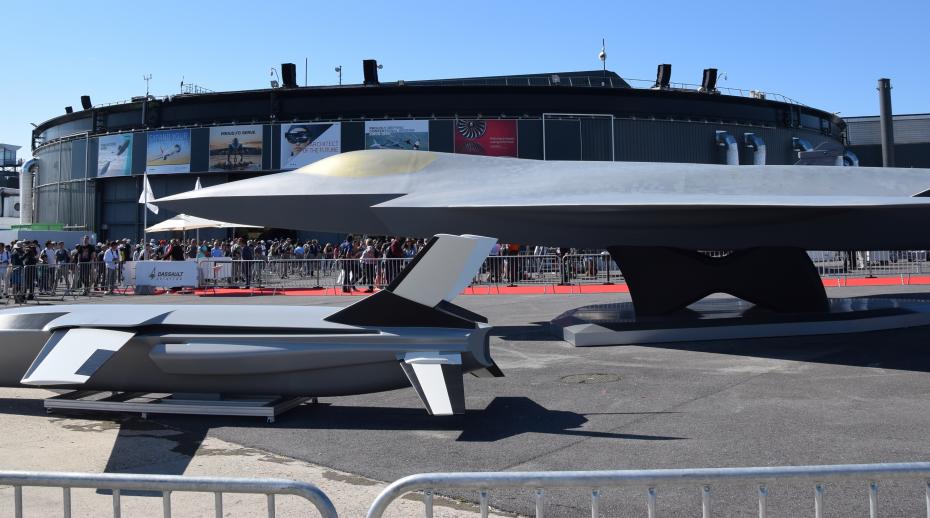 |
| COVID-19: A new wave of European arms industry consolidation? |
|
The arms industry has been through multiple periods of swelling, constraining and restructuring. Now, as COVID-19 has caused the most severe economic crisis since the 1930s, could we witness a new phase of consolidation within the Western and Central European arms industry? In this SIPRI Essay, Dr Lucie Béraud-Sudreau argues that the European arms industry may be at the outset of a larger consolidation movement and that political will remains the key driver of any change in this sector.
|
|
Read the SIPRI Essay
|
|
|
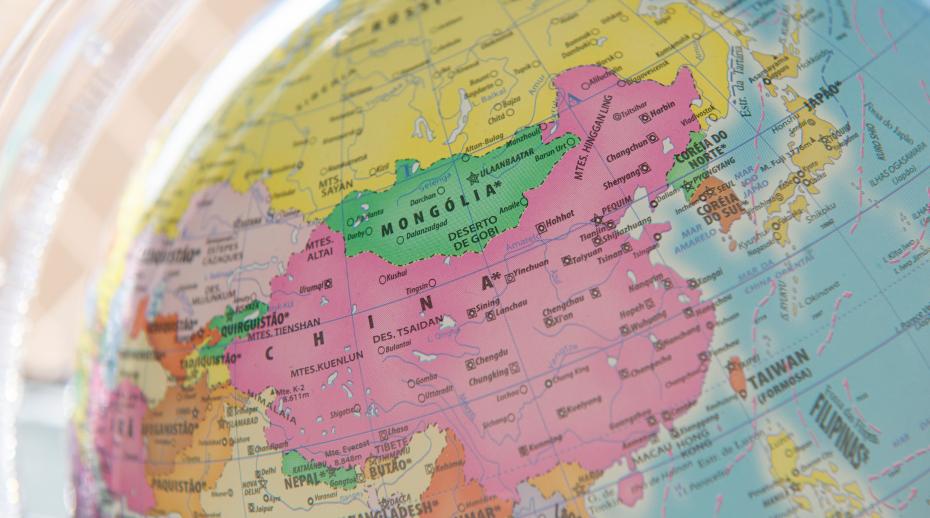 |
| China’s detachment from the South Asian nuclear triangle |
| China and India’s past declarations on minimal nuclear deterrence, no first use, and de-mating of warheads and delivery systems, as well as aims for a nuclear-free world, offer greater room for de-escalation than found in India–Pakistan border dynamics. However, there is more to this than simply stated nuclear postures. Chinese official and non-official sources seek to remove China from any descriptions of a South Asian nuclear triangle. In this WritePeace blog, based on interviews and Chinese-language sources, Dr Lora Saalman explores the reasons behind this de-linkage and what it means for future nuclear stability and engagement. |
|
Read the WritePeace blog
|
|
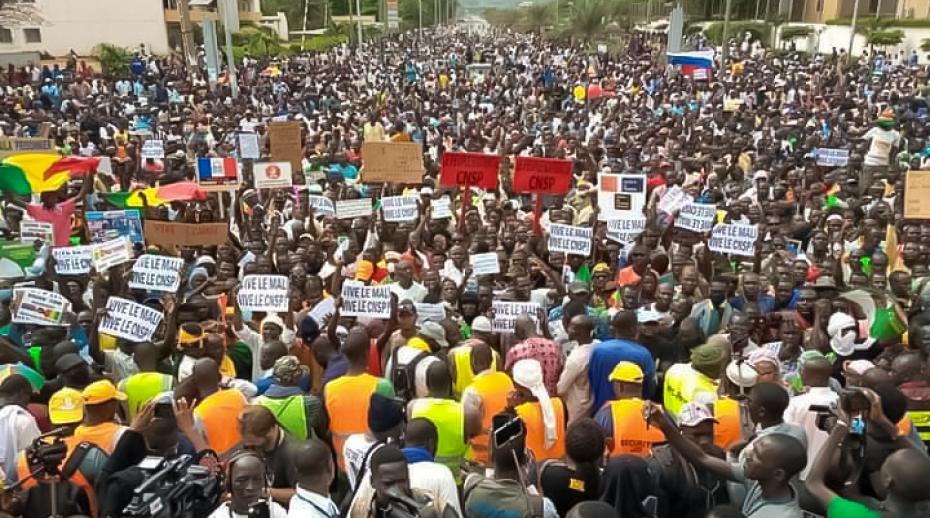 |
| Mali’s transition: High expectations and little time |
|
On 17–18 August 2020, a military coup led to the resignation of Mali’s President Ibrahim Boubacar Keita, two years after his re-election. Led by high-ranking military officers, the coup concluded the persistent contestation of the regime that culminated in the country’s June 2020 protests. In this WritePeace blog, Dr Virginie Baudais and Dr Grégory Chauzal explain the diverse set of factors that led to the military coup and discuss the current challenges of the upcoming transition. They highlight the urgent needs to put Malian people’s needs and priorities at the top of the transition’s agenda.
|
|
Read the WritePeace blog
|
|
 |
| The Anthropocene and global politics: Rewriting the Earth as political space |
| The concept of the Anthropocene has already inspired interdisciplinary discussions across research fields. In recent years, the concept has been picked up by scholars in global politics and it has since prompted critical debate about basic assumptions in International Relations. In this WritePeace blog, Rickard Söder, Dr Malin Mobjörk and Dr Eva Lövbrand describe how the Anthropocene is interpreted in global politics and rewrites the Earth as a political space. |
|
Read the WritePeace blog
|
|
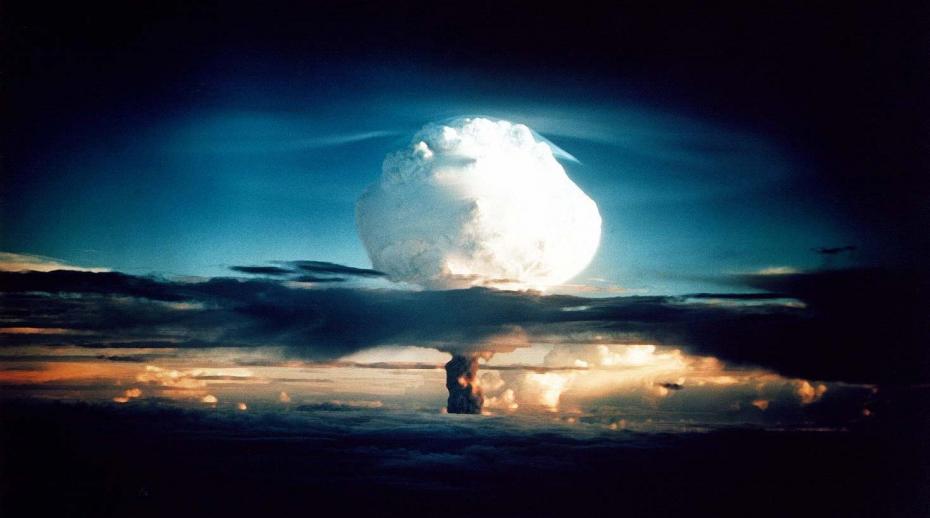 |
| Starve nuclear weapons to death with a tritium freeze |
| In this SIPRI Topical Backgrounder, Robert Kelley proposes an alternative to the ‘all-or-nothing’ approach to nuclear non-proliferation found in, for example, the 2017 Treaty on the Prohibition of Nuclear Weapons. A freeze on the production of tritium is a different way to manage nuclear disarmament that would gradually bring an end to nuclear weapons. |
|
Read the SIPRI Topical Backgrounder
|
|
|
| UPCOMING EVENTS |
| |
| 17–20 November 2020 |
| 2020 Stockholm Security Conference |
|
On 17–20 November 2020, SIPRI will host the fifth annual Stockholm Security Conference. The theme of this year’s conference is ‘International Cooperation: Navigating the Way Ahead’. As a result of the success of the first Virtual Stockholm Forum on Peace and Development, the 2020 Stockholm Security Conference will be convened online.
|
|
Read more
|
|
|
| RECENT EVENTS |
| |
| 2–3 September 2020 |
| SIPRI and CIIS co-host webinar series on EU–China Relations and Connectivity |
|
On 2–3 September, SIPRI and the China Institute of International Studies co-hosted a two-day webinar series on ‘EU–China Relations in an Era of Connectivity’. The webinar series convened a group of 25 Chinese and European experts from academic, business, diplomatic and technical communities and over 50 participants observed the discussions online.
|
|
Read more | Read about the first workshop in the series | Read the SIPRI Insights on Peace and Security
|
|
| |
| 27 August 2020 |
| SIPRI and UNODA co-host webinar on effective measures for nuclear disarmament |
| On 27 August, SIPRI and the United Nations Office for Disarmament Affairs co-hosted a webinar on, ‘The Tenth NPT Review Conference: Effective Measures for Nuclear Disarmament’. The webinar was the fifth held in the lead up to the Tenth Review Conference for the States Parties to the Treaty on the Non-Proliferation of Nuclear Weapons. |
|
Read more | Watch the webinar | Watch the SIPRI Spotlight Interview with HR Izumi Nakamitsu
|
|
|
| PUBLICATIONS |
 |
| The Peacebuilding Commission and Climate-related Security Risks: A More Favourable Political Environment? |
| Climate change and the associated climate-related security risks increase instability and have significant adverse effects on peacebuilding. Within the UN, there is a lack of consensus on which organs are most appropriate to respond to climate-related security risks. The Peacebuilding Commission (PBC) has demonstrated a growing role as a forum for member state discussions on this issue. This study shows that the PBC’s attributes uniquely position it as a forum for states to seek international support in relation to emerging climate-related security challenges. |
|
Read the SIPRI Insights on Peace and Security
|
|
|
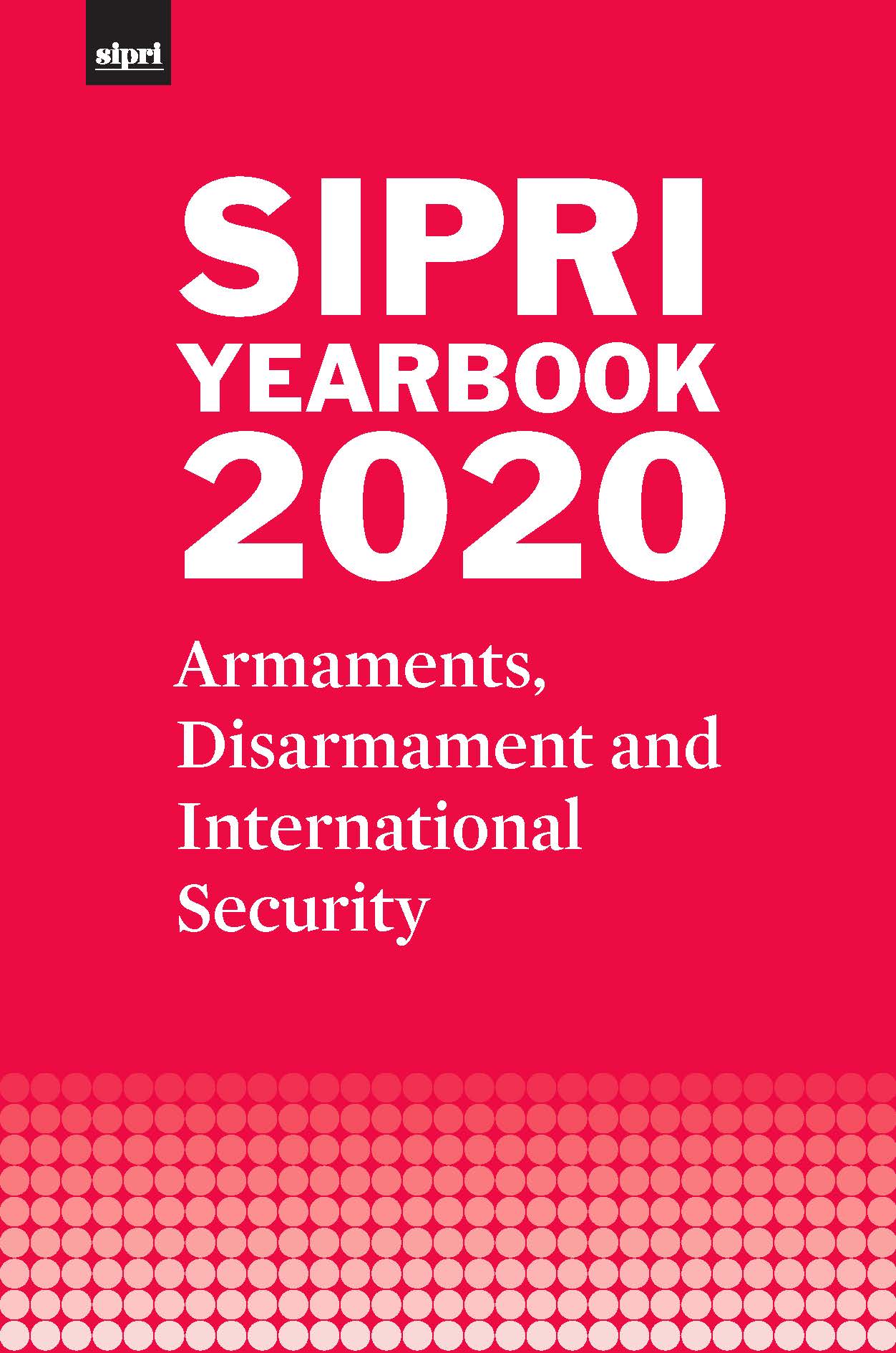 |
| SIPRI Yearbook 2020 |
SIPRI Yearbook 2020 presents a combination of original data in areas such as world military expenditure, international arms transfers, arms production, nuclear forces, armed conflicts and multilateral peace operations with state-of-the-art analysis of important aspects of arms control, peace and international security. It covers developments during 2019, including:
- the state of nuclear arms control;
- transparency in military spending;
- regional overviews of armed conflicts; and
- the investigation of allegations of chemical weapon use in Syria.
|
|
Browse the contents page | Read the summary (PDF) | Order SIPRI Yearbook 2020
|
|
|
| |
|
|
|
|
|